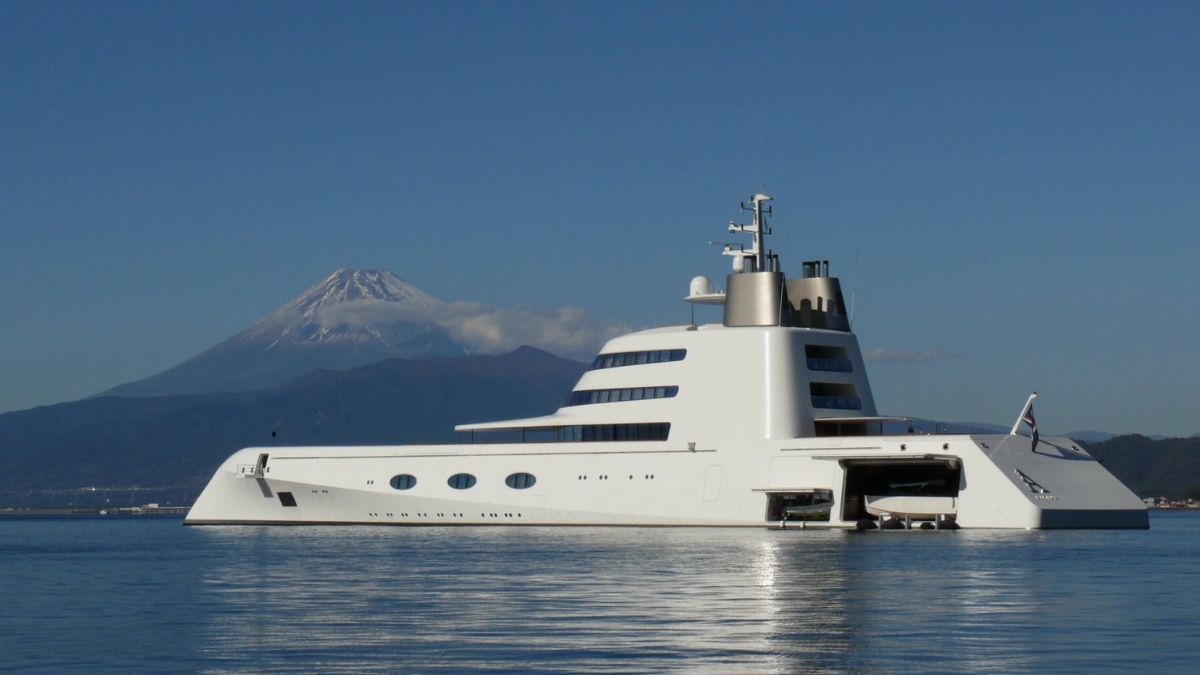
Navigating Security Challenges in the Growing Superyacht Industry
While North America remains a dominant superyacht hub, projections suggest the Asia-Pacific region will soon lead the market, driven by the rise of UHNWIs in Asia, the Middle East, and Africa. These shifts bring new opportunities but also unique security challenges, particularly for those seeking to explore remote regions rather than staying within traditional luxury ports. Owners venturing to areas like Madagascar or the eastern coast of South America must consider four key security threats: drones, ecological factors, crime, and insider risks.
The Drone Threat
Drones represent one of the most prominent dangers to superyachts. While no direct attacks have occurred, drones—both aerial and marine—pose significant risks. Unmanned aerial vehicles (UAVs) have been employed in land-based attacks, such as the 2018 attempt to assassinate Venezuelan President Nicolas Maduro. Similarly, marine drones have been used in military contexts, such as Houthi militants’ attacks on Saudi naval facilities.
For superyachts, airborne drones often serve as tools for espionage or privacy invasion. Paparazzi or criminals planning abductions could exploit drones equipped with cameras. As a response, many superyachts now incorporate advanced technology to detect and neutralize drones, safeguarding both privacy and safety.
Environmental Impacts and Backlash
Exploration of off-the-beaten-path destinations brings increased scrutiny regarding ecological impact. Remote regions, such as Madagascar and the Galápagos Islands, highlight contrasting approaches to environmental protection. The Galápagos enforces stringent regulations to preserve its ecosystem, ensuring the local community and tourism industry coexist sustainably. These rules are broadly respected by visiting yachts.
In contrast, Madagascar lacks such protections. High winds and waves in northern coastal areas lead many vessels to remain close to shore, exacerbating coastal erosion. Although no crimes against superyacht owners have been reported in Madagascar, ongoing environmental damage risks provoking local anger, which could escalate into hostility toward visiting vessels.
The Evolving Face of Crime
Piracy remains a pressing concern, with attacks evolving from hijackings in the Gulf of Aden to more sophisticated threats today. While private superyachts are less frequent targets, they are not immune. To counteract piracy, many superyachts now employ anti-boarding devices such as dazzle guns and long-range acoustic systems.
In the event of a boarding, survival measures become vital, especially in isolated areas. Modern escape pods with GPS tracking and life-support features are gaining popularity. Additionally, cybercrime presents an emerging danger. In a 2013 experiment, Texan students hacked into a yacht’s navigation system, altering its course unnoticed. As superyachts increasingly rely on smart technology for functions like navigation and lighting, robust cybersecurity measures are essential to prevent digital intrusions.
Insider Threats
The transient nature of superyacht crews poses significant risks. With crew members often moving between vessels, thorough background checks and vetting processes are critical. Lapses in due diligence could result in serious consequences, including insider trading, theft, or even enabling hostile activities.
The potential for insider threats underscores the importance of understanding who is entrusted with key roles, from captains to catering staff. Neglecting these checks could lead to breaches of confidentiality, misconduct, or harm to passengers. Given the size and complexity of superyacht operations, owners must remain vigilant.
A Call for Vigilance
As superyachts traverse new regions, the array of threats they face will only grow. The sophistication of malicious actors, combined with increased exploration of remote areas, underscores the need for proactive security measures. Whether addressing drone risks, environmental impacts, criminal activity, or insider threats, superyacht owners and crews must prioritize vigilance to ensure safe and secure voyages.
For more information on maritime security services and strategies, or to speak to one of our experts, you can contact our team at enquiries@priavosecurity.com.
